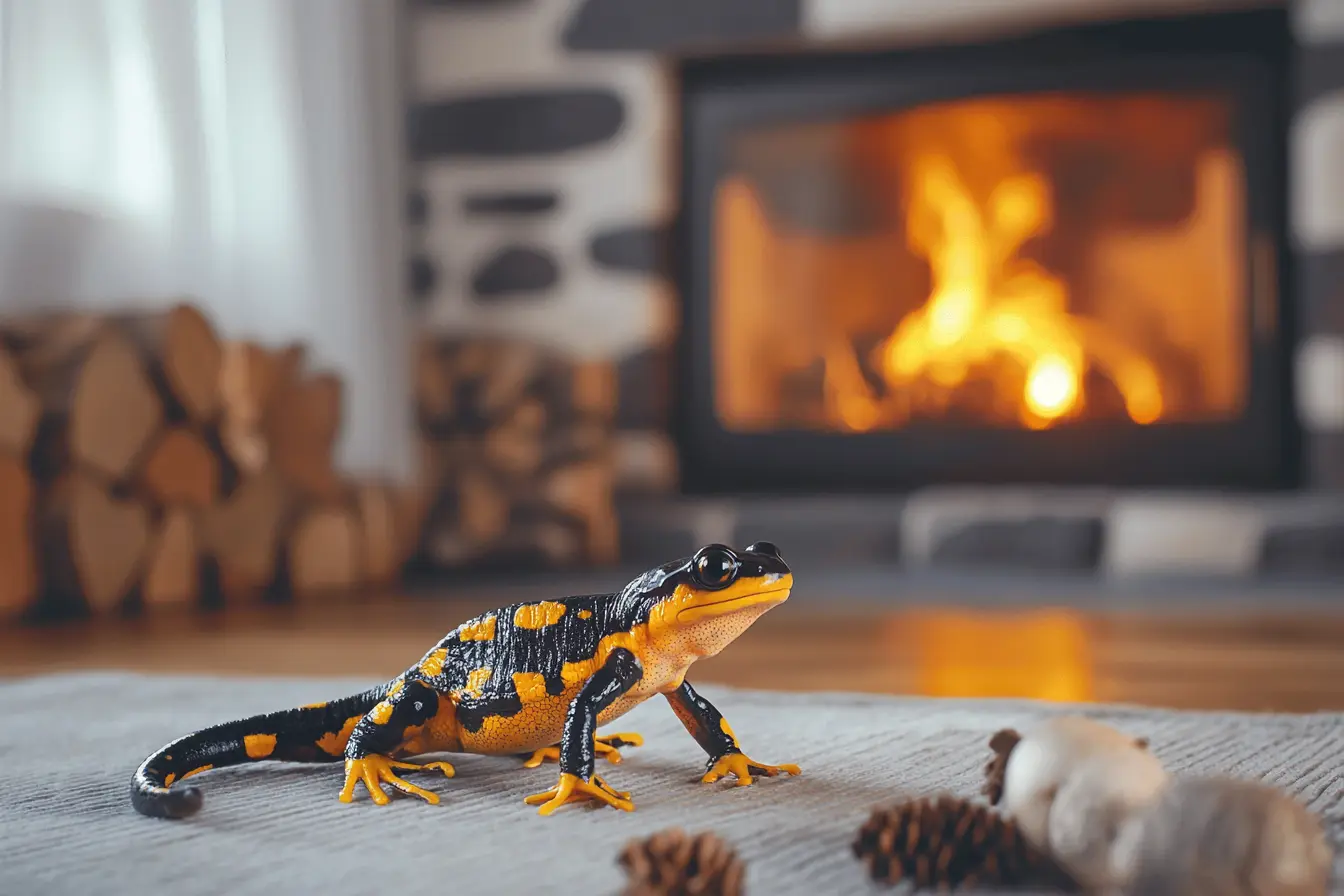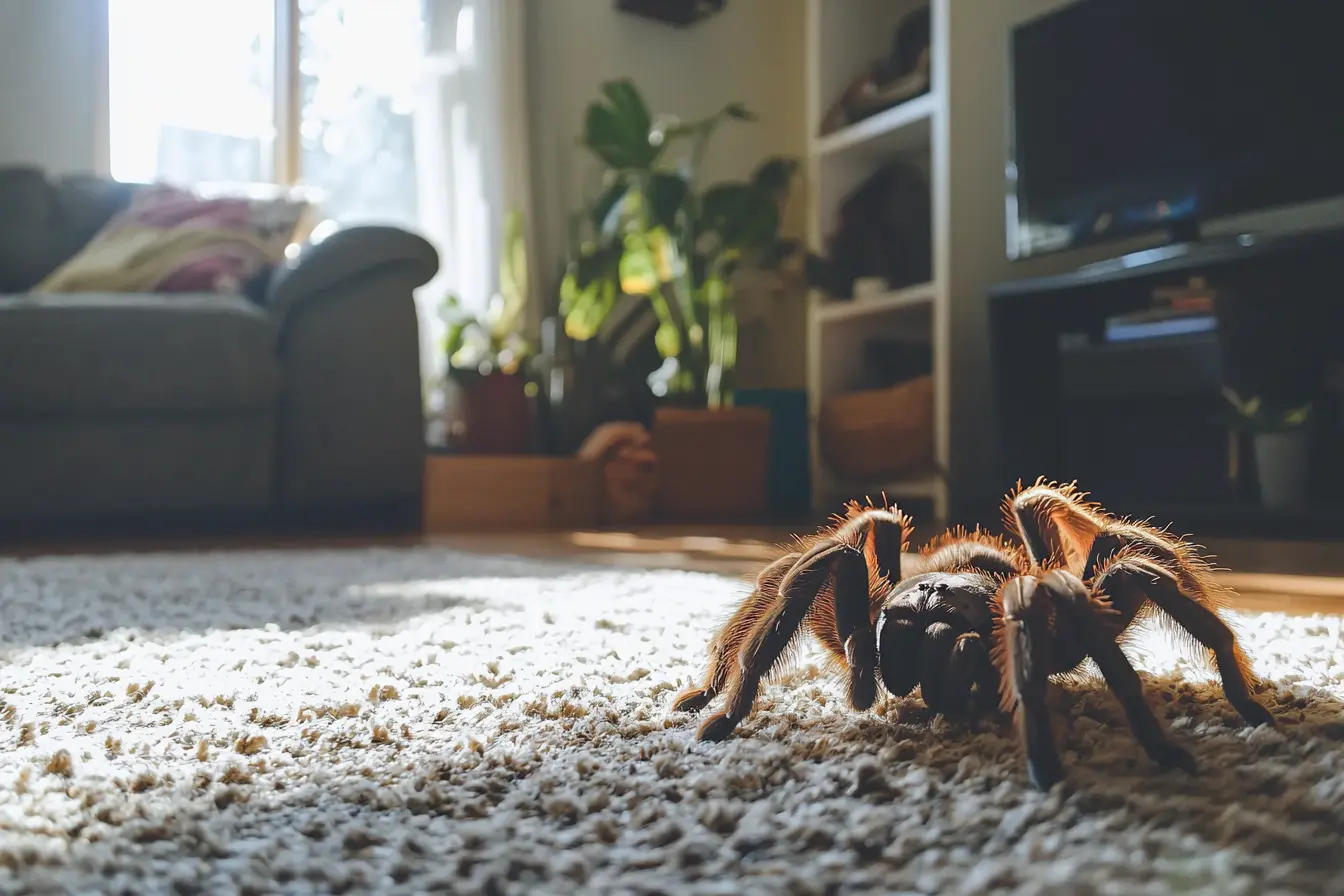
Considering a Reptile? Here's What You Need to Know
Reptiles can make fascinating and rewarding pets, each with their unique charm and characteristics. However, before welcoming a cold-blooded companion into your home, there are several important aspects to consider, from legal regulations to species-specific care requirements. Here’s a comprehensive guide to help you make an informed decision.
Understanding Your Options
Common Pet Reptiles
- Bearded Dragons: Friendly and relatively easy to handle, bearded dragons are great for beginners. They require a warm environment and a diet of insects and vegetables.
- Leopard Geckos: Known for their docile temperament, these geckos do not require large enclosures and are nocturnal, making them less demanding in terms of lighting.
- Corn Snakes: An excellent choice for first-time snake owners, corn snakes are non-venomous and known for their gentle nature. They need a secure enclosure with temperature gradients.
- Tortoises: Tortoises can live for many decades and require a diet rich in fibres, a spacious enclosure, and access to UV light.
Exotic and Less Common Reptiles
- Chameleons: Highly distinctive but challenging to care for, chameleons require specific humidity and temperature levels, as well as a diet of live insects.
- Tegus and Monitors: Larger and more demanding in terms of space and diet, these reptiles are better suited for more experienced owners.
Legal Considerations
In the UK, the ownership of certain reptiles is regulated under the Wildlife and Countryside Act 1981 and the Dangerous Wild Animals Act 1976. Make sure to check if the species you are interested in requires a specific licence or is protected under UK law.
Housing and Environment
Reptiles are ectothermic, meaning they rely on their environment to regulate their body temperature. This makes the setup of their habitat crucial:
- Enclosure Size: Ensure the enclosure is spacious enough for your pet to move around freely.
- Temperature: Most reptiles require a temperature gradient in their enclosure to help regulate their body temperature.
- Lighting: UVB lighting is essential for many reptiles, particularly those that need to synthesise vitamin D3 for calcium absorption.
- Humidity: Species like chameleons need higher humidity, whereas others may require a dryer environment.
Diet and Nutrition
Reptile diets vary widely:
- Herbivores: Such as certain tortoises, require a variety of greens and vegetables.
- Carnivores: Like many snakes, need a diet based on whole prey (often fed frozen and thawed).
- Omnivores: For example, bearded dragons, eat both plants and protein like insects.
Health and Veterinary Care
Reptiles can suffer from various health issues, including metabolic bone disease, respiratory infections, and parasites. Regular check-ups with a vet experienced in reptile care are essential for early diagnosis and treatment.
Ethical Considerations
Reptile welfare and the ethics of keeping wild animals as pets should be considered. Research the source of your reptile to avoid supporting illegal wildlife trade and opt for captive-bred animals when possible.
Final Thoughts
Owning a reptile can be immensely fulfilling, but it comes with significant responsibility. Thorough research, preparation, and commitment are crucial to ensure that you can provide a safe, healthy, and happy life for your new pet. Consider joining local herpetological societies or online forums for additional support and information.
Reptiles are not just pets; they are a long-term commitment and a window into an ancient natural world, offering a unique bond and insight into the diversity of life.
Vets near you
Speciality vets
- Aquatics vet specialists
- Birds vet specialists
- Camelids vet specialists
- Cats vet specialists
- Cattle vet specialists
- Deer vet specialists
- Dogs vet specialists
- Equines vet specialists
- Exotic vet specialists
- Goats vet specialists
- Pigs vet specialists
- Poultry vet specialists
- Sheep vet specialists
- Small Mammals vet specialists
- Wild vet specialists
Vet facilities
- Accessible by public transport
- Blood testing
- Car park nearby
- Client car park
- Dentistry
- Diagnostic imaging
- Disabled public access
- Flea and worm treatments
- Microchipping
- Mobile services
- Neutering
- Open at weekends
- Out-of-hours service
- Referral interests
- Referrals only
- Street parking outside
- Toilets available
- Vaccination clinic



